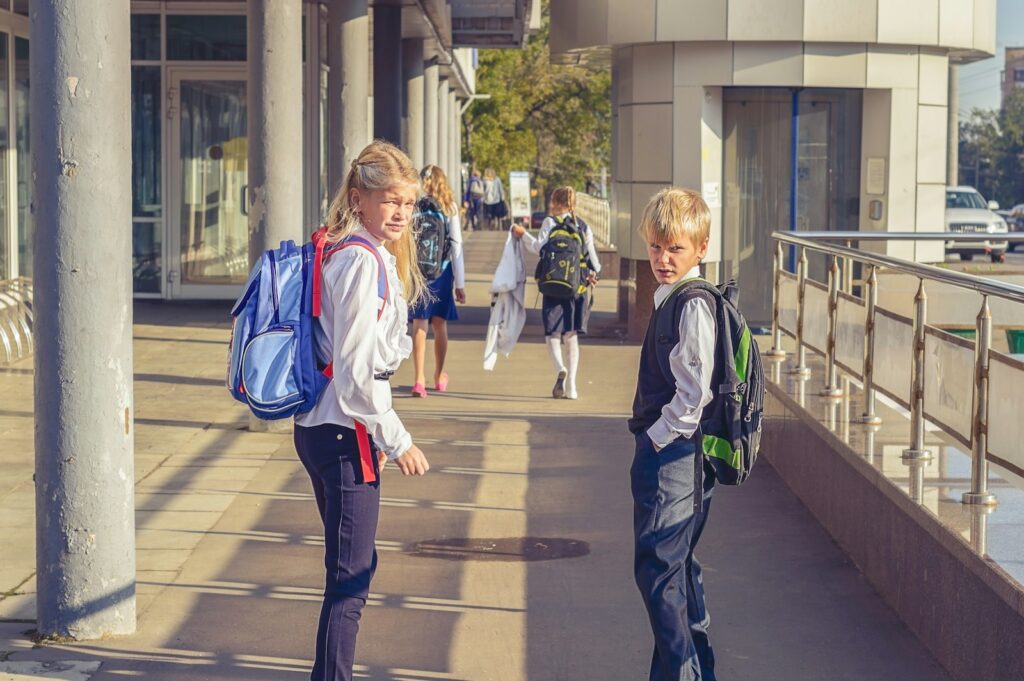Referrals of suspected child victims of modern slavery made by councils in England have soared by 1,400% in five years, putting children’s services under increasing and significant pressure, the Local Government Association (LGA) has warned.
The LGA is concerned that the lifting of COVID-19 restrictions could lead to more exploitation as businesses reopen, as some may lack money to pay staff wages and others take advantage of people who have been made more vulnerable by the pandemic.
It says the closure of other businesses, such as nail bars, has left trafficking victims further away from the public eye and harder to identify and rescue.
Latest statistics show the number of council referrals of suspected child victims of modern slavery in England to the National Referral Mechanism (NRM), the UK’s framework for referring and supporting victims, has risen from 127 in 2014 to 1,971 in 2019, a staggering increase of 1,452%.
The LGA said the rate of these child referrals increased by 71% in a year alone, with the number of referrals in 2018 standing at 1,152. Children accounted for 91% of all referrals (child and adults) made by councils in England in 2019.
Councils account for a much smaller proportion of adult referrals into the NRM, but adult referrals by councils in England have risen by 579% in five years, from 28 in 2014 to 190 in 2019, and by 81% in the past year, from 105 in 2018.
Estimates of the number of victims of modern slavery in the UK range from 13,000 to more than 130,000, with the overall costs to UK society of modern slavery estimated to be between £3.3 billion and £4.3 billion.
The LGA says that the spiralling rate of modern slavery referrals is further evidence of the huge pressures on children’s services, and is being fuelled by both an increasing awareness of modern slavery and of the exploitation of young people by county lines drugs gangs.
As well as pressure on children’s services, the rising number of adult victims is also adding to demand for housing and adult social care support.
No specific funding is given to councils to support the increasing number of modern slavery victims, who may have suffered terrible abuse, been forced to live in squalor and, in the case of many adult victims, paid appallingly low wages as a result of exploitation by criminal gangs.
While child victims are supported through children’s services, adult victims of modern slavery are eligible to enter the National Referral Mechanism and receive specialist support.
To protect individuals during the coronavirus pandemic, the government agreed not to move people out of NRM accommodation during the height of the COVID-19 emergency, however this temporary measure is due to end in early August.
The LGA said that with adequate funding, councils can help disrupt and tackle the crime through regulatory services and provide support to the growing numbers of victims going into and coming out of the NRM.
Cllr Nesil Caliskan, chair of the LGA’s Safer and Stronger Communities Board, said: ‘Government needs to ensure councils are properly funded in the long-term to tackle modern slavery and support its victims, as well as creating a future-proof NRM system able to support the growing numbers of victims we are seeing.
‘Modern slavery is happening in local communities everywhere, with high street services such as car washes and nail bars being high-risk sectors for exploitation.
‘The public should look out for telltale signs, including people who may be dressed inappropriately for the work they are doing, or who appear frightened or withdrawn at work.
‘Everyone needs to report any suspicious behaviour to help rescue people living wretched lives under coercion.’
Anyone who believes someone is in immediate danger due to modern slavery or exploitation should call police on 999, or 101 if there is no immediate danger.
Alternatively, call the Modern Slavery Helpline on 08000 121 700.
Photo Credit – Pixabay

















Leave a Reply